The views expressed in our content reflect individual perspectives and do not represent the authoritative views of the Baha'i Faith.
O People of Persia! Open your eyes! Pay heed! Release yourselves from this blind following of the bigots, this senseless imitation which is the principal reason why men fall away into paths of ignorance and degradation. See the true state of things. Rise up; seize hold of such means as will bring you life and happiness and greatness and glory among all the nations of the world. – Abdu’l-Baha, The Secret of Divine Civilization, p. 104.
The Iranian plateau rises like an altar in the heart of the Asian continent, as if predestined to be the opening scene of the greatest spiritual drama in the history of the world. A crossroads of civilization since history was first recorded; its peoples have made pivotal contributions to the spiritual and cultural evolution of humanity.
This is the land where the ancient Faith of Zoroaster was founded, with its depiction of the epic struggle between the forces of good and evil that would greatly influence the thinking of Jewish and European philosophers in subsequent centuries. For a time, the prophet Daniel lived there and experienced his mysterious visions of the future deliverance of God’s people. The Lord then bade him to “seal” these visions until “the time of the end.” Centuries later, this region became one of the most fertile fields of Islamic thought, contributing more than its share of great scientists, poets, philosophers, and theologians, the fruits of whose efforts would eventually reach the countries of Europe and help to found the Renaissance.
It was here that the Shi‘ih branch of Islam gained its strongest foothold and here that certain leaders of religion anticipated the advent of God’s Kingdom on earth. In the years leading up to the Alexandrian Age (336–323 B.C.), the land now known as Iran—Persia, as it was then called—was the seat of a great civilization.
This was followed in successive eras by a series of notable resurgences and declines. This pattern repeated itself until the era of the Industrial Revolution, when the fortunes of the nation took a steady and marked downfall. By the nineteenth century of our era the glory of ancient Persia was a mere memory. Its once vast domain had shrunk to the dimensions with which we are now familiar. It was a decline all the more shocking to those who knew the splendors of her past. At a time when the countries of Europe and North America were embarking upon unprecedented technological, material, and political advancement, Persia remained tragically backward in outlook, unable to free herself from the mire of endemic political and religious corruption.
Lord Curzon, a contemporary European observer, described Persia as a “Church-State,” held in the combined grip of civil and religious authorities whose rule was both tyrannical and arbitrary. Lord Curzon portrayed a system of governance whose lubricant was simple–open bribery, affecting all transactions and rulings from the lowest village to the royal court. Ultimate authority lay in the hands of the shah, who wielded absolute power. Another writer described the situation in this way:
Venal, cruel, and immoral as it was, it was formally religious. Muslim orthodoxy was its basis and permeated to the core both it and the social lives of the people. But otherwise there were no laws, statutes, or charters to guide the direction of public affairs. There was no House of Lords nor Privy Council, no synod, no Parliament. The Shah was despot, and his arbitrary rule was respected all down the social scale through every minister and governor to the lowliest clerk or remotest headman. No civil tribunal existed to check or modify the power of the monarch or the authority which he might choose to delegate to his subordinates. If there was a law, it was his word. He could do as he pleased. It was his to appoint or to dismiss all ministers, officials, officers, and judges. He had power of life and death without appeal over all members of his household and of his court, whether civil or military. The right to take life was vested in him alone; and so were all the functions of government, legislative, executive, and judicial. His royal prerogative was limited by no written restraint whatever.
In 19th-Century Persia, descendants of the Shahs were thrust into the most lucrative posts throughout the country, and as the generations went by they filled innumerable minor posts too, far and wide, till the land was burdened with this race of royal drones who owed their position to nothing better than their blood and who gave rise to the Persian saying that “camels, fleas, and princes exist everywhere.”
In the midst of this corrupt web of deceit, dishonesty and darkness, the world’s newest religion, the Baha’i Faith, began to emerge.


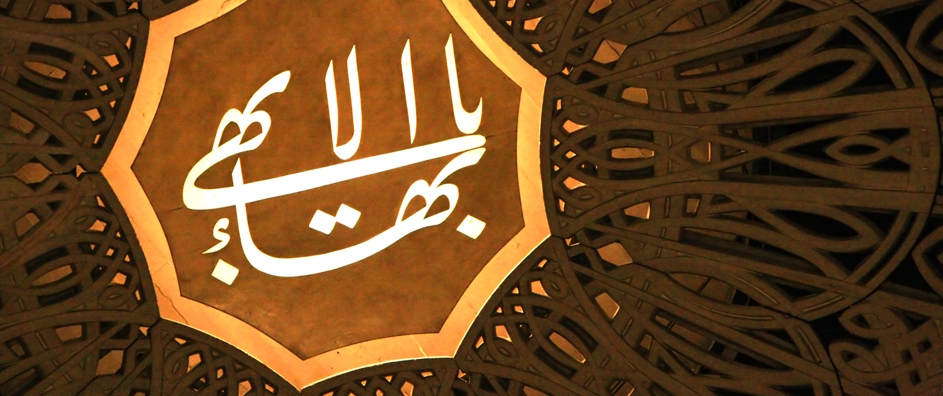
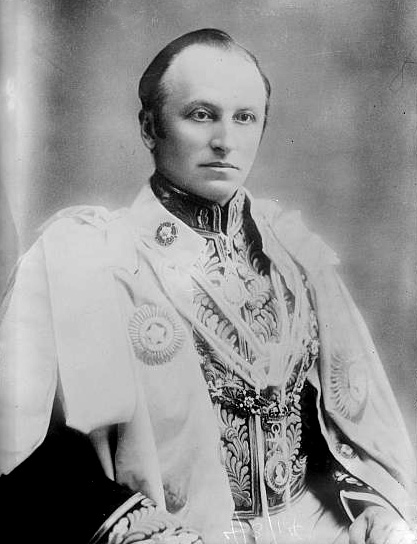

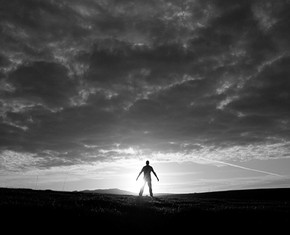
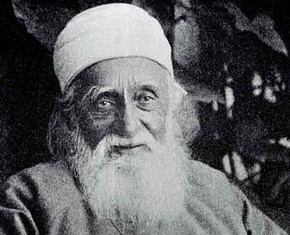
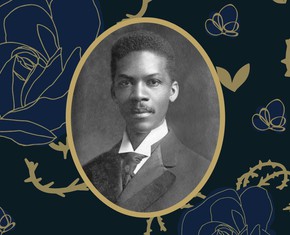









Comments
Sign in or create an account
Continue with Googleor